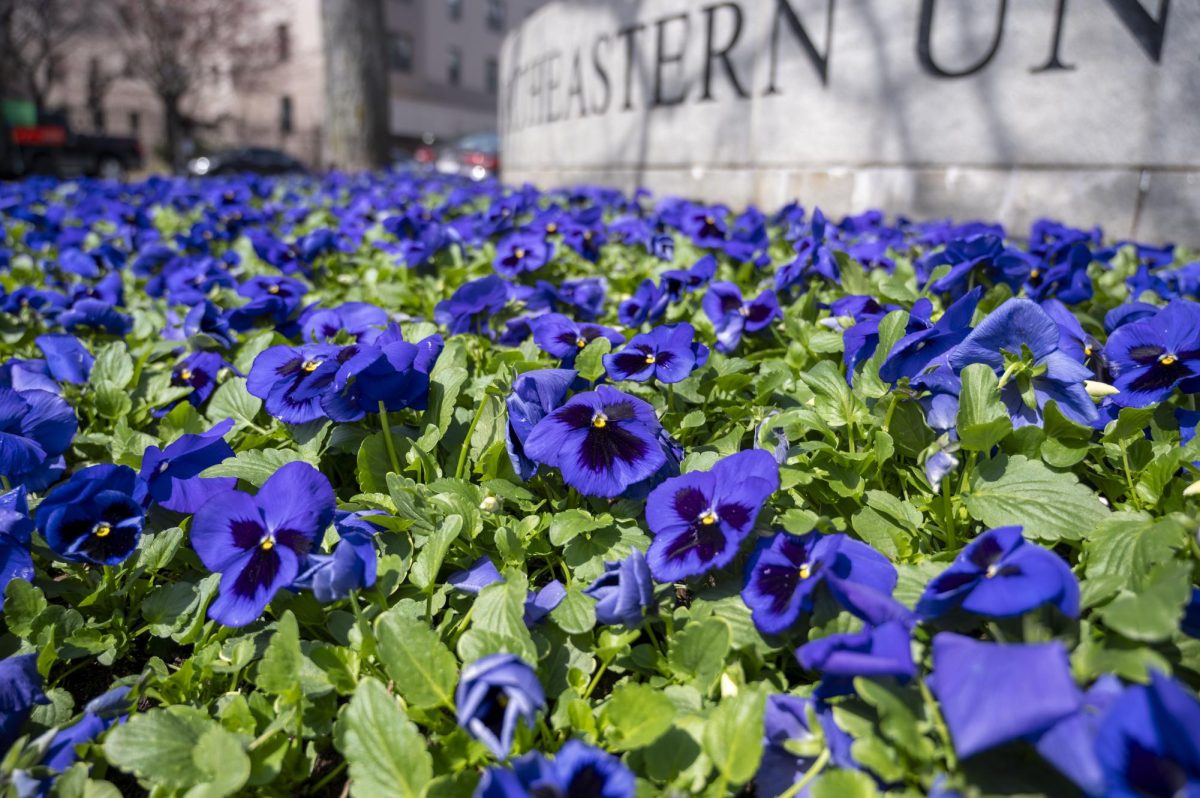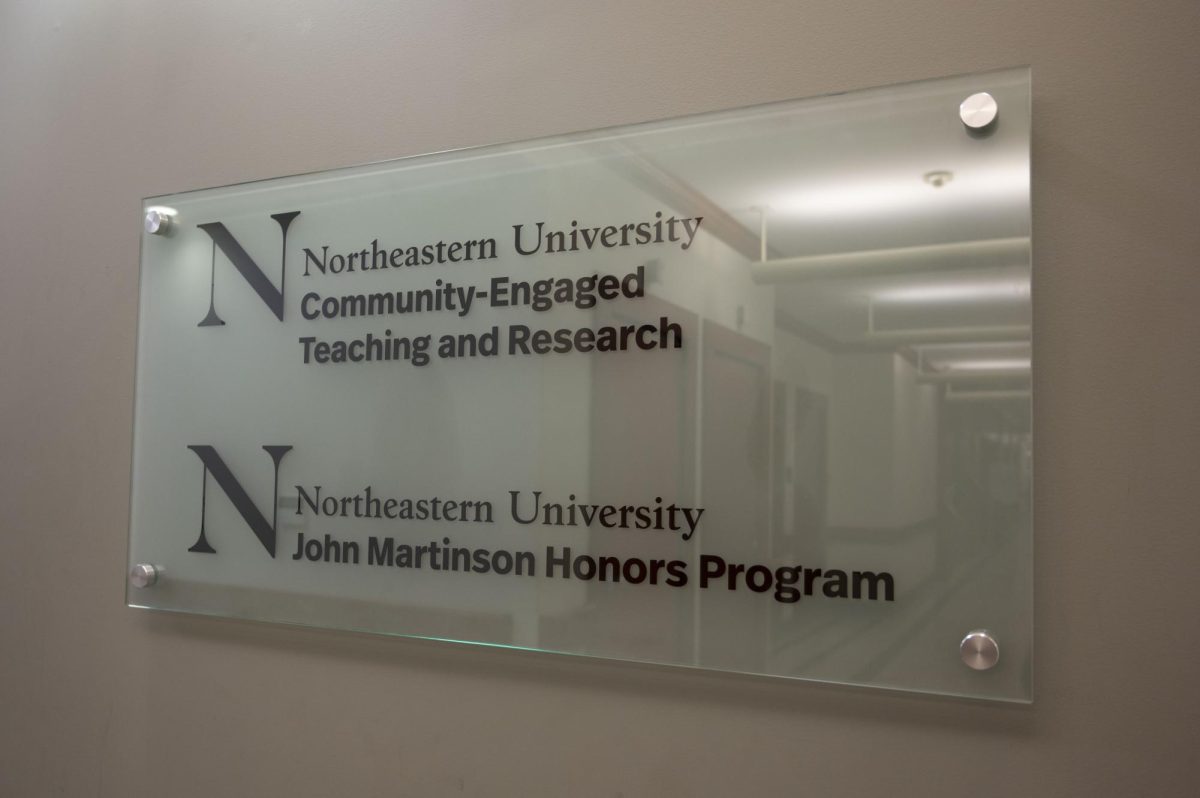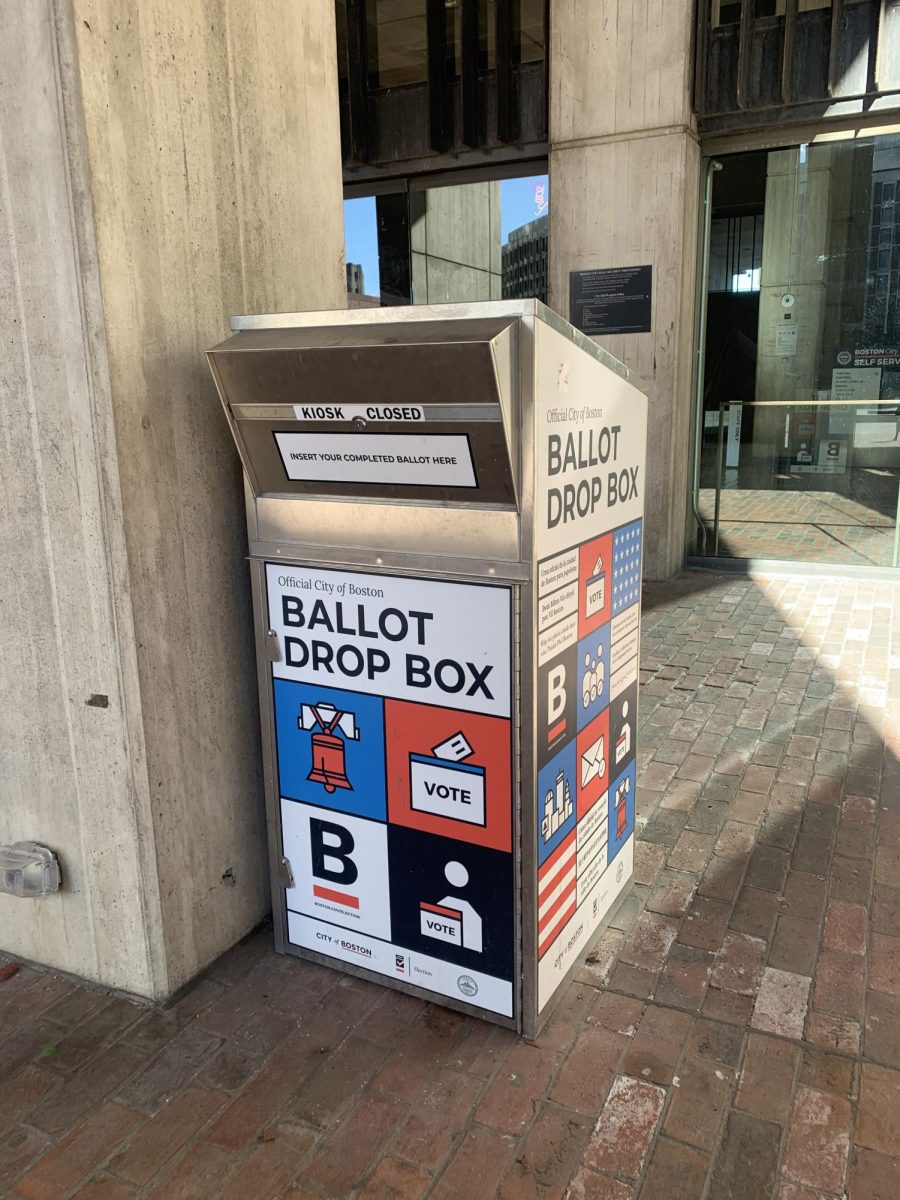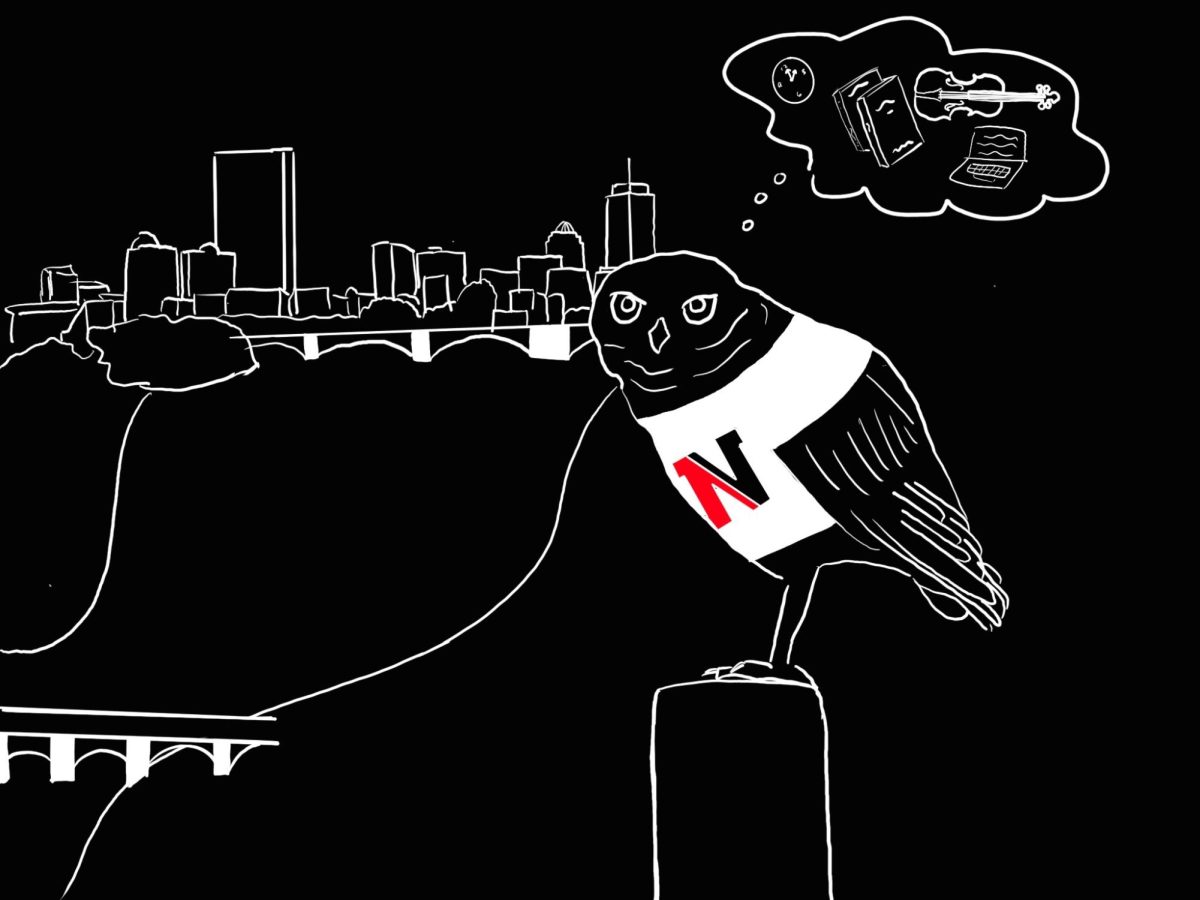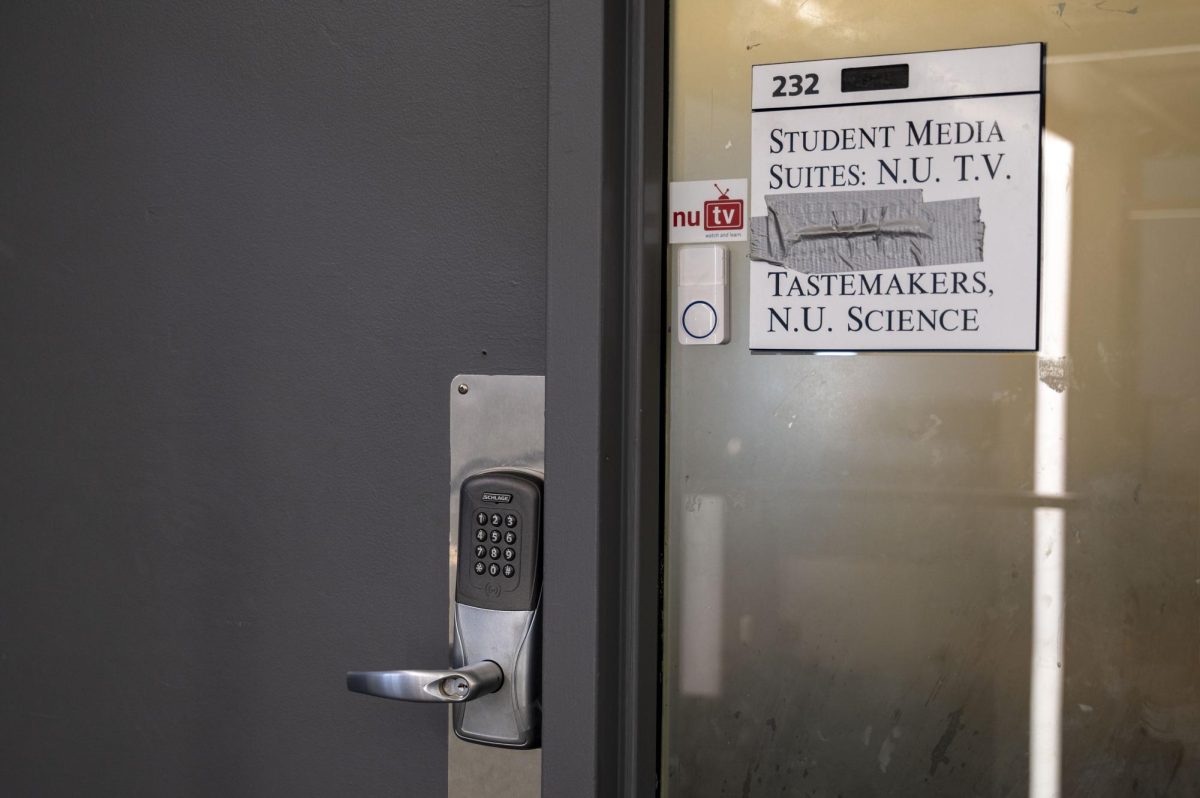According to data supplied by the Office of Off-Campus Student Services, of the 17,913 undergraduate students that are part of the Northeastern community, 5,742 live off campus. That implies that nearly one-third of the undergraduate population has migrated to the outskirts of Northeastern’s geographically-defined campus and moved into neighborhoods such as Roxbury, Fenway, Mission Hill and the South End.
For many, moving off-campus means more independence in escaping Northeastern’s residential policies; for others, it means escaping the increasing financial burdens of residence hall living, especially when it comes to participating in the co-op program.
But what does this mean for the permanent residents who currently inhabit the neighborhoods that are experiencing influxes of student tenants?
It means struggling to adjust to the rapidly-increasing prices of living in their own neighborhoods.
It means feeling isolated after having to say goodbye to friendly long-term neighbors who were forced to vacate their communities, and often their childhood homes.
It means having to adapt to a population of incoming neighbors that refuse to engage with them and seemingly only come home to throw parties and make noise.
It means gentrification. It means displacement.
Northeastern, among other urban universities across the nation, is a huge catalyst of gentrification and factors related to gentrification in the surrounding neighborhoods of Roxbury, Fenway, Mission Hill and the South End. Many people across the City of Boston, particularly lower-income residents, have been pushed out of their communities because of the expanding footprints left by universities and other institutions that have increased the cost of living. Less than 60 years ago, much of the land we now consider part of our campus was home to a population of nearly 95 percent Black residents. Today, those numbers have dropped to around 30 to 40 percent.
In executing its developments, including but not limited to offices, academic spaces and residential buildings, Northeastern attempts to fulfill its supposed “commitment to the city and its neighborhoods” in what is ultimately a self-serving manner. There is often little outreach to residents of surrounding neighborhoods, when it comes to the university hosting meetings in which they are encouraged to voice their opinions about proposed developments. Further, more often than not, the opinions given in opposition to the gentrifying developments are entirely disregarded.
We at Northeastern Students Against Institutional Discrimination (SAID) have thus put forth a referendum for the upcoming Student Government Association election in which we propose that members of surrounding neighborhoods be given final decision-making power when it comes to university developments that will impact their communities.
Cities are constantly changing; there is no denying that. Boston in particular is a special case, considering that this city houses 35 colleges and universities and an extremely transient population of students. But we believe that permanent residents, especially those who are long-term, deserve a meaningful say in the futures of their own neighborhoods.
In order to get our referendum onto the ballot for the entire student body to vote on later this month, we need 750 signatures of support from undergraduate Northeastern students. If you feel strongly about lessening the negative impact that Northeastern has on the surrounding communities, please consider signing your name onto this OrgSync form.
If you’d like to get involved further, please visit and share our Facebook event as part of our effort to show Northeastern that its students care about our community engagement and impact. Like our Facebook page for more opportunities to get involved with other initiatives we are working on.
– Rachel Domond is a sophomore sociology major and project leader of SAID’s anti-gentrification campaign. SAID is a coalition of students that works to shift Northeastern’s current policies so that diversity, inclusion, and integration are both earnestly acknowledged and embraced within the Northeastern community. SAID creates campaigns around specific issues in order to continuously build toward that goal. Current campaign topics include gentrification and University Health and Counseling Services reform. In the coming weeks, SAID will be considering how to further respond to the Northeastern 2025 Academic Plan.
File photo by Scotty Schenck.







